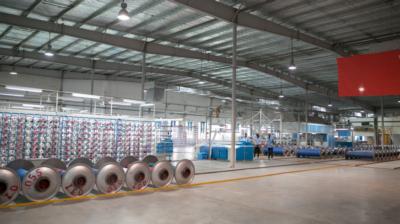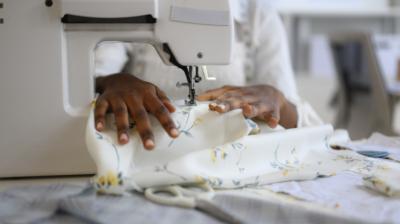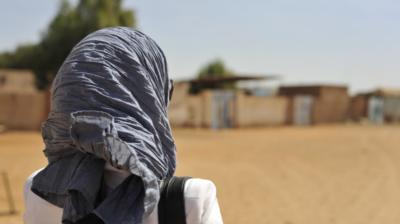Elections and Democracy in Africa
Lise Rakner
The aim of the research project “Elections and Democracy in Africa” is to contribute to a comparative understanding of the challenges facing governance and democracy in a number of African countries. The research will focus on the challenges of institutionalising democratic change in relation to existing formal and informal power structures. We seek to identify power relations between the state, private enterprises and civil society actors. A central focus of our research is to locate the potential room for political debate and possibilities for building demands for political action.
The role of international actors in their endeavours to promote democratic change will be thoroughly discussed. The project thus aims to play a part in the more policy-oriented debate in Norway and internationally on origins and the future of political change in Africa. The results of the project may contribute to a wider understanding of challenges in the area of development policies.
Core responsible researchers:
- Professor Lise Rakner, Chr. Michelsen Institute, Bergen.Lise.Rakner@isp.uib.no
- Professor Helge Rønning, Dept. of Media and Communication, University of Oslo, and CMI. helge.ronning@media.uio.no
The three phases of the project:
Phase I. Electoral Power, Political Parties and Liberation Movements (2010)
The first set of issues that the project had as its focus, namely Electoral Power, Political Parties and Liberation Movements, was addressed at the project conference in Maputo in April 2010. A main conclusion to be drawn from the first phase of research is that incumbent governments emerging from first and second generation liberation struggles, as well as pro-democracy movements, have great difficulties in accepting power alternation and political opposition.
Papers from the conference in Maputo are available for download
Phase II. Legitimacy of Power and the Possibilities for Opposition (ongoing)
In the second phase that we have entered now, we focus on how particularly dominant party regimes make use of elections and other formalised elements of a minimalist democracy to maintain power, without really institutionalising deep democratic structures. We need to address why elections and the electoral system have failed to provide mechanisms for alternation in power and for holding leaders accountable to the electorate. And we need to address how democratic institutionalisation may contribute to peaceful solutions to violent conflicts.
In this context it is of particular interest to investigate the role of the strong and often non-transparent relationship that exists in dominant party systems between the presidency and the government, the ruling party and private businesses. This is an issue, which is linked to a critical analysis of the role of China particularly in extractive and construction industries in Africa.
The research findings of legitimacy of power and the possibilities for opposition will be discussed at a conference organised at Makerere University from May 30th to June 1st.
Phase III. Authoritarian States and Democratic Rights (2011-2012)
In the project’s third phase we suggest to shift focus and discuss the potential for deliberation and space for alternative views within authoritarian political settings. In this phase the problems of how to safeguard and develop human, civil, political and social rights will be a central focus. The research activities will be presented as a conference on Authoritarian States and Democratic Rights organised at CMI in 2012. In this phase the role of public debate and the media will be addressed as part of a wider attention given to political spaces for organisation both in relation to private enterprise and civil society actors.







